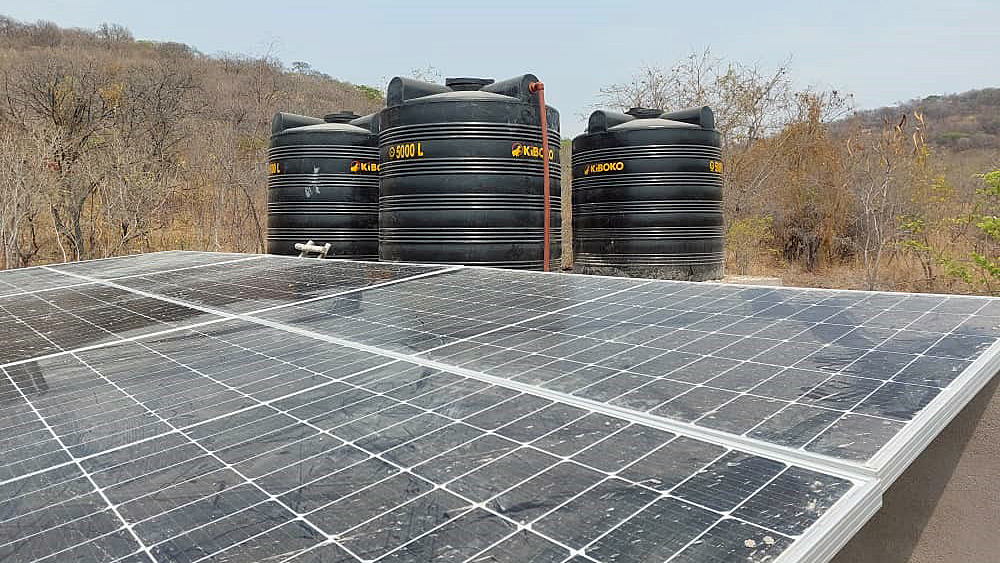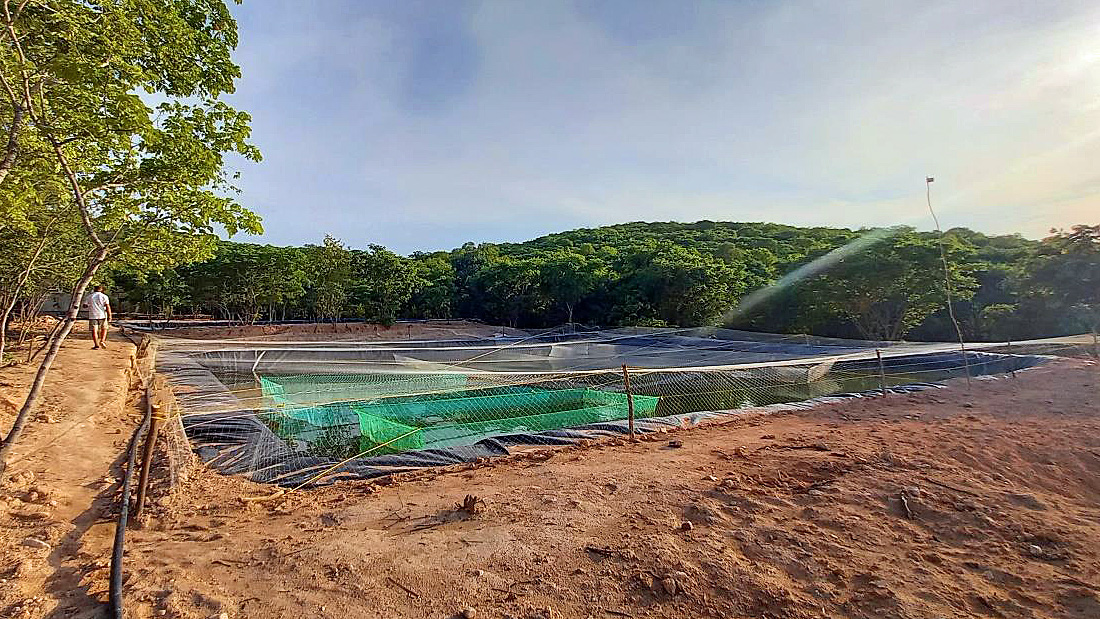

Swiss Partners
SUSTAIN – Switzerland, Zurich
www.bongofish.net
Severin Spring
ZHAW, Wädenswil
www.zhaw.ch
Fridolin Tschudi
Project Type:
Technology:
Country:
Project Status:
Project Start:
End of Project:
Contract:
Documentation
Swiss Contribution
Swiss partners SUSTAIN and ZHAW have many years of experience in aquaculture systems, fish farming and solar power systems.
Description
Tanzania’s rapidly growing population has a steadily increasing demand for fish as food. In rural areas without access to the electrical grid, fish production powered by diesel generators and/or long transportation from fish farms connected to the grid are not cost competitive or feasible.
Electricity costs for aquacultures are to be reduced significantly, thanks to a comprehensive solar power supply and an optimized energy use concept. The costs for self-produced fish feed from crop waste are to be 30-50% lower with solar power, and the costs for breeding of juvenile fish are to be 50-70% lower than with diesel power. Nutrient-rich water from fish farming is, in turn, used to irrigate rice fields. The value chain development also includes the establishment of decentralised fish farms for fish fattening. The project leaders would like to engage women for 50% of the employment positions.
Results
The solar-powered fish farm was built and the proof of concept for solar power supply for fish farming was provided both technically and economically. By integrating water tanks in an elevated position combined with the AQUASMART Concept (plant control based on weather forecasts and empirical values), no power storage with batteries is needed, which optimises costs.
The project has shown the need for solar production of ice to build up a cold chain all the way to the buyers of the fish. Selling prices in regional urban areas are higher than in rural areas, guaranteeing economic viability.
Impacts
The costs for water supply could be reduced by 74%, for fish food and juvenile fish by 35 – 50%, and the prices of adult fish are competitive. The project saves 28 tons of CO2 annually through reduced diesel consumption for electricity production and avoided transport. Furthermore, 6 jobs have been created and 60 people have been trained.
Based on the positive results of the pilot phase, the project partners want to establish a value chain for solar aquaculture in East Africa over the next few years. The project results will also be used to realise the first commercial cage aquaculture facility on Lake Tanganyika in Tanzania.